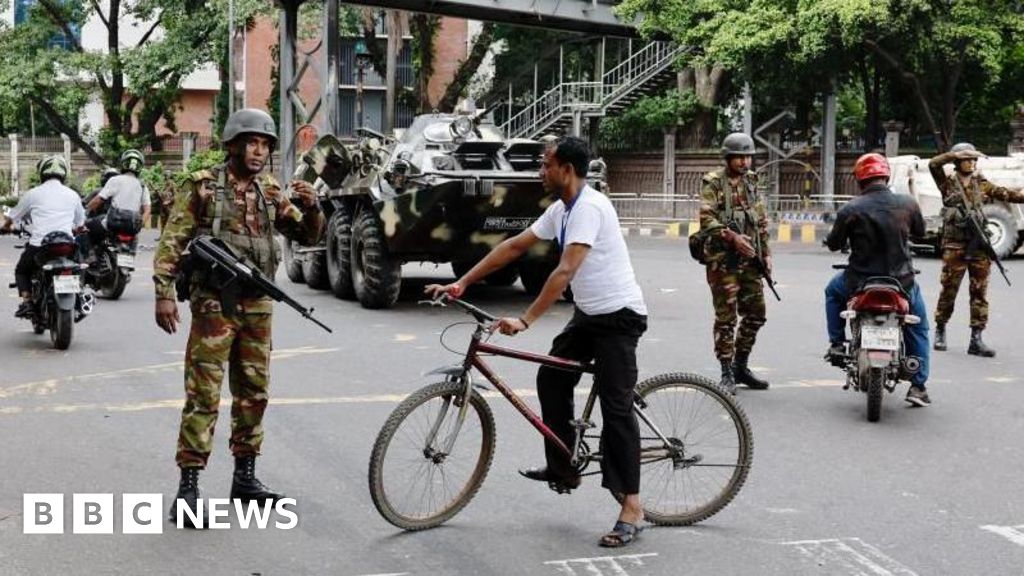
Bangladesh's Top Court Scales Back Controversial Quota System After Deadly Protests
Bangladesh's top court has partially addressed the demands of student protesters by scaling back the controversial quota system for government jobs from 30% to 5%. The decision came after days of violent protests that left over 100 people dead and hundreds injured.
The quota system, which reserved a third of public sector jobs for the relatives of veterans from Bangladesh's war for independence in 1971, had been a source of frustration among students and job seekers due to high unemployment rates. The protests began in June and gained momentum as demonstrators demanded an end to the quota system and called for a merit-based hiring system.
The Supreme Court ruling orders that 93% of public sector jobs should be recruited on merit, leaving 5% for the family members of veterans. The remaining 2% is reserved for people from ethnic minorities or those with disabilities.
Despite the court's decision, protests continued in some areas on Sunday as students and job seekers demanded justice for those killed in the clashes. The government has not yet responded to the ruling, and it remains to be seen whether this will bring an end to the unrest.
Bangladesh is one of the fastest growing economies in the world but has not translated into jobs for its young population. Around 18 million job seekers are looking for employment opportunities in a country where university graduates face higher rates of unemployment than their less-educated peers.
The protests against the quota system began due to high unemployment rates and a demand for a merit-based hiring system. The government responded with harsh measures, including imposing curfews and cutting off internet and mobile services in some areas. Protests were reportedly led by students from various universities across the country, with some reports suggesting that members of the ruling Awami League's student wing, Bangladesh Chhatra League, were involved in violent clashes against demonstrators.
The violence began on July 15 when police cracked down on peaceful protests and arrested several students. The following day saw widespread unrest as protesters took to the streets in Dhaka and other major cities. The situation escalated further when ruling party workers reportedly attacked demonstrators, leading to clashes that left dozens dead.
The government has not yet commented on the Supreme Court's decision or the ongoing protests. It remains to be seen whether this will bring an end to the unrest and whether other demands of the student protesters will be addressed.



